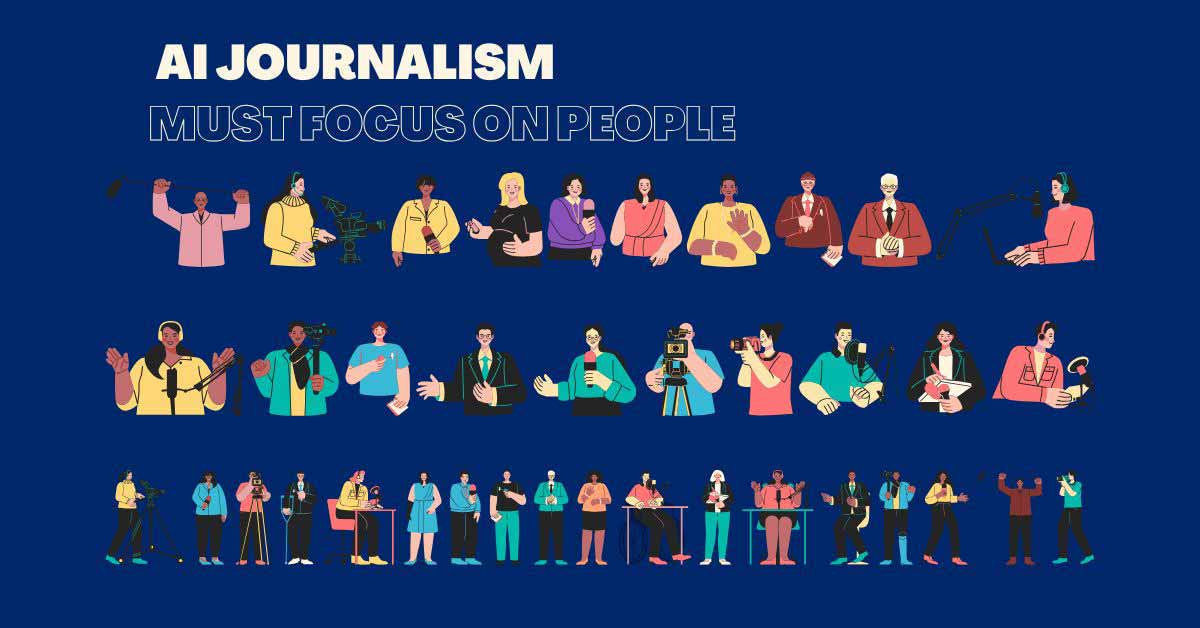Eye News Desk
German govt wants to let 16-year-olds vote

Germany's constitution, the Basic Law, is clear: "Anyone who has reached the age of 18 is entitled to vote," it states.
But many young people are not satisfied with this rule. Why not be able to vote in all elections, including federal elections, at the age of 16? The three parties in Germany's coalition government-the center-left Social Democrats (SPD), neoliberal Free Democrats (FDP) and environmentalist Greens -support this proposal. Germany's Child Protection Association and the German Children's Fund have an even more radical suggestion: They want the voting age lowered to 14.
Student Raye Linjonom Nisayatou told DW that 14 would be too young. "But, to be allowed to participate in federal elections at 16, I think that is pretty cool," said the 16-year-old from Berlin.
Miro Lim is more skeptical. The 17-year-old high school student was eligible to vote for the first time in February, but then only at the municipal level — choosing the members of the local administration in his district of Berlin. "That was manageable, and I can imagine what changes are possible in the place where I live," he said. "With federal elections, everything is much more complicated."
Aside from this, he finds the legislative period between federal elections to be a very long time. "My opinion could have changed long ago."
Lim's position is widely shared. According to a recent survey conducted by the pollster INSA, 62% of respondents rejected or "rather rejected" the idea that citizens aged 16 and over should be allowed to vote in Bundestag elections. However, in a similar survey from seven years ago, 80% of respondents expressed reservations about the idea.
Sigrid Meinhold-Henschel, from the Bertelsmann Foundation, cannot understand the skepticism. To her, lowering the voting age is a good remedy to counter disenchantment with politics.
"Various studies prove that 16-year-olds are no different from 18-year-olds when it comes to their political knowledge and interest," she told DW. "In this respect, there is no plausible justification for not lowering the voting age. Engaging early with political parties and elections is good. It keeps our democracy alive and makes it sustainable."
Among political parties, the battle lines on this issue are clearly drawn. The three coalition partners, the SPD, FDP and Greens, support lowering the voting age for federal elections, as does the socialist Left Party.
The center-right Christian Democratic Union (CDU) and Christian Social Union (CSU), which are particularly strong among older voters, as well as the far-right populist Alternative for Germany (AfD) party, have opposed the reform.
Experts have said that by lowering the age of eligibility, about 1.5 million more people would be allowed to enter the voting booths at the next election.
Changing the constitution requires the approval of two-thirds of the members of the Bundestag federal parliament and the Bundesrat upper house of parliament, which represents Germany's 16 federal states at the national level. The parties in the governing coalition do not have enough votes to do this — they would need support from the opposition.
Someone who has been campaigning to lower the voting age to 16 for almost two decades is Johannes Vogel. The 41-year-old previously lead the youth wing of the FDP, and is now the party's deputy chairman.
Intergenerational fairness in an era of an aging population is an argument in favor of an earlier voting age, Vogel told DW. "Of course, it would be good if the perspectives of future generations were incorporated more strongly into politics," he said.
The conservative opposition counters that many 16-year-olds do not yet know which career they will choose or what they want to study. They are not allowed to buy strong alcoholic drinks or be in nightclubs after midnight. Parents could strongly influence their voting decisions.
Ansgar Heveling, legal adviser to the CDU/CSU parliamentary group in the Bundestag, told DW that it would be contradictory "if on one hand young people are only allowed to sign contracts and be held liable according to civil law once they turn 18, but on the other hand the voting age is lowered."
In Europe, 16- and 17-year-olds are only allowed to vote in nationwide parliamentary elections in Malta, Greece and Austria. Worldwide, only a few countries permit these teenagers at the polling booths.
In Germany, six of the 16 federal states already allow 16-year-olds to vote in statewide elections and 11 states allow them to vote in local elections.
At the European Parliament elections in June 2024, 16-year-old Germans will be eligible to vote for the first time. The governing parties brought about this change in the law using their parliamentary majority in November. They did not need to amend the constitution to do this; therefore, they did not require a two-thirds majority.
Political scientist Meinhold-Henschel disapproves of all the differing rules. "We have a patchwork of laws when it comes to accessing the ballot box. So we then must explain to a young person that they are eligible to vote in European Union elections, but not in German federal elections," she said.
Student Raye Linjonom Nisayatou from Berlin agreed, telling DW that she "finds it quite confusing."
Despite the uncertainty over whether the voting age will be lowered, FDP politician and longtime campaigner Vogel remains optimistic. "I hope it happens, sooner rather than later," he said.
Read More
- Dubai-bound flight catches fire after taking off from Nepal
- Turkey`s homegrown 5th-generation fighter jet named KAAN
- Shihab Chottur reaches Makkah from India in 12 months
- Eid Ul Adha 2023 in Saudi Arabia!
- India gets new parliament building
- Italy will take 82 thousand workers, the is in March
- Two Sylheti killed in Portugal
- New digital ID scheme to be rolled out across UK
- World`s first 3D-printed mosque to be constructed in Dubai
- Imran Khan likely to be in custody for ‘4 to 5 days’

































